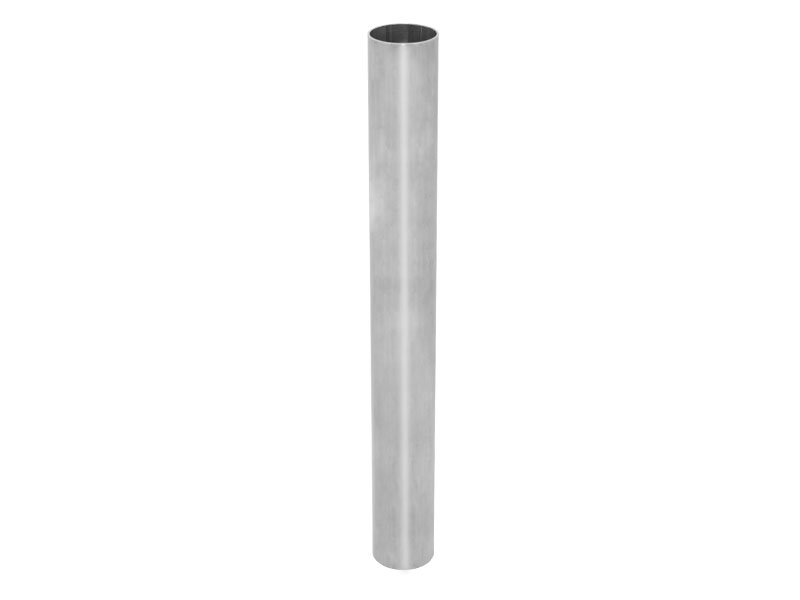Abstract:When selecting welded stainless steel tube for conveying liquid products in the food processing industry, several important considerations should be m
When selecting
welded stainless steel tube for conveying liquid products in the food processing industry, several important considerations should be made. These considerations are essential to ensure food safety, maintain product integrity, and comply with industry regulations. Here are some key factors to keep in mind:
Material Composition: Choose stainless steel tubes that are specifically designed for food processing applications. The most commonly used food-grade stainless steel alloys are AISI 304 and AISI 316, which offer excellent corrosion resistance and hygiene properties.
Surface Finish: Opt for tubes with a smooth and polished surface finish, preferably with a low surface roughness (Ra) value. A smooth surface minimizes the risk of product contamination, makes cleaning easier, and discourages bacterial growth.
Hygiene and Cleanability: Consider tubes that are easy to clean and sanitize. Look for welds that are smooth and free of crevices or pockets where food particles can accumulate. These areas can harbor bacteria and lead to contamination.

Chemical Compatibility: Ensure that the stainless steel tubes are compatible with the liquid products being conveyed. Different food products may have different levels of acidity or alkalinity, which can affect the material's corrosion resistance. Consult with the tube manufacturer or a materials expert to determine the best stainless steel alloy for your specific application.
Compliance with Regulations: Verify that the selected stainless steel tubes meet relevant industry standards and regulations, such as those set by food safety agencies or organizations like the FDA (Food and Drug Administration) in the United States or the European Food Safety Authority (EFSA) in the European Union. Compliance with these regulations ensures that the tubes are safe for use with food and beverage products.
Temperature and Pressure Ratings: Consider the operating conditions, including temperature and pressure, to ensure the selected stainless steel tubes can withstand the demands of your application. Stainless steel is known for its strength and resistance to extreme temperatures, but it's important to choose tubes that are suitable for your specific process requirements.
Traceability and Documentation: Select tubes from reputable manufacturers that provide proper documentation, including material certificates, traceability records, and compliance statements. This documentation is crucial for quality control, audits, and traceability in case of any issues or recalls.
